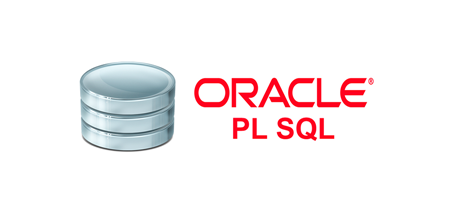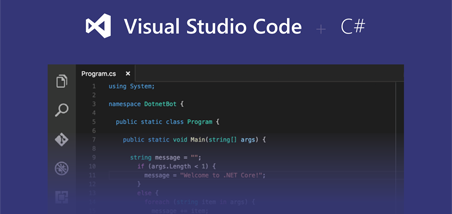Oracle PL/SQL Programming
Oracle EğitimleriPL/SQL ile başlayan
bu eğitim, sonrasında bu güçlü programlama dilinin faydalarını ele alır. Uzman
Oracle eğitmenleri tarafından verilen uygulamalı dersler sayesinde
katılımcılar, saklı prosedürler, paketler, işlevler ve daha fazlasını
öğrenirler.
Bu
eğitimde neler öğreneceksiniz?
• Kod akışını koşullu
olarak kontrol etme (döngüler, denetim yapıları)
• Saklı prosedürler ve
işlevler oluşturma
• İlgili yapıları
gruplamak ve kapsamak için PL/SQL paketlerini kullanma
• İlgili yapıları
gruplamak ve kapsamak için PL/SQL paketlerini kullanma
• Ekran ve dosya
çıktısı oluşturmak için Oracle’ın sağladığı PL/SQL
paketlerinin bazılarını kullanma
• Uygulamalar için özel
paketler oluşturma
• Uygulamalar için
Dinamik SQL kodları yazma
Eğitim İçeriği
Introduction and Overview
•
PL/SQL fundamentals
•
Declaring and
anchoring variables to database definitions
•
Flow control
constructs
•
Oracle 12c PL/SQL
features
•
Returning implicit
cursor results from stored procedures in Oracle 12c
•
Declaring local
functions within SELECT statements in Oracle 12c
Data Manipulation Techniques
•
Maintaining data with
DML statements
•
Employing the
RETURNING INTO clause
•
Solving the
fetch-across-commit problem
•
Managing data
retrieval with cursors
•
Implications of
explicit and implicit cursors
•
Simplifying cursor
processing with cursor FOR LOOPs
•
Embedding cursor
expressions in SELECT statements
•
Cursor variables
•
Strong vs. weak
cursor variables
•
Passing cursor
variables to other programs
•
Defining REF CURSORS
in packages
Developing Well-Structured and Error-Free Code
•
Error handling using
EXCEPTIONs
•
Propagation and scope
•
“Retrying”
problem transactions with EXCEPTION processing
•
Debugging PL/SQL
blocks
•
Simplifying testing
and debugging with conditional compilation
•
Interpreting compiler
messages
•
Applying structured
testing techniques
•
Building and applying
a test bed
•
Leveraging the
debugging facilities in SQL Developer
Achieving Maximum Reusability
•
Writing stored
procedures and functions
•
Calling and invoking
server-side logic
•
Passing input and
output parameters
•
Implementing an
autonomous transaction
•
Coding user-written
functions
•
Calling PL/SQL
functions from SQL
•
Building table-valued
functions
•
Developing safe
triggers
•
Employing :OLD and
:NEW variables
•
Avoiding unreliable
trigger constructs
•
Exploiting schema and
database triggers
Exploiting Complex Datatypes
•
Collection types
•
PL/SQL tables, nested
tables, VARRAYs
•
Stepping through
dense and nonconsecutive collections
•
Bulk binding for high
performance
•
Moving data into and
out of PL/SQL blocks
•
BULK COLLECT INTO and
FORALL
•
BULK cursor
attributes
•
BULK EXCEPTION
handling
Invoking Native Dynamic SQL
•
Finessing the compiler
•
The EXECUTE IMMEDIATE
statement
•
The RETURNING INTO
clause
•
Types of dynamic SQL
•
Building SQL
statements during runtime
•
Autogenerating
standard code
Package Tips and Techniques
•
Package structure:
SPEC and BODY
•
Eliminating
dependency problems
•
Overloading for
polymorphic effects
•
Evaluating
application frameworks
•
Declaring and using
persistent global variables
Ön Koşullar
Temel SQL bilgisine sahip olmak gerekir.






